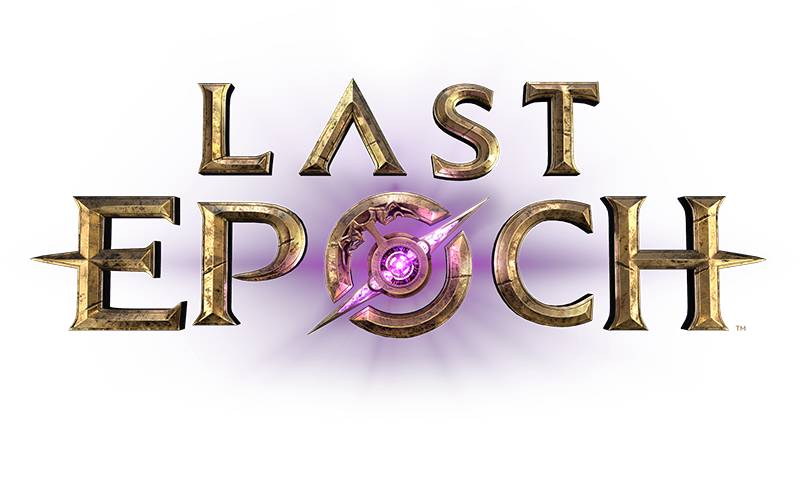Then that’s kinda a problem, right? ![]() Because the statement of 1.0 is ‘released’. So ‘basics done’. It now has full basic functionality and everything promised is delivered!
Because the statement of 1.0 is ‘released’. So ‘basics done’. It now has full basic functionality and everything promised is delivered!
Which obviously is not the case… and we can start the whole circus of mentioning the points but I’ll spare us this time, for everyone interested… I made around 5 posts listening those things by now, if not more. Starting from outright missing content to acceptable balance ranges.
I choose option 3:
Do not screw up your management of a project.
Take responsibility for screwing up the project.
They got nearly 100 mil, right? Do we as people backing them (be it kickstarter or EA in this case) have any promise that the original statements will be adhered to? No functional paid microtransactions ever?
Because that’s kinda a huge aspect of the kickstarter promise, isn’t it? The whole monetization aspect?
The exact same thing which ‘The Bazaar’ got into hell’s kitchen for?
So if that much money was given… shouldn’t it be their responsibility to remunerate the people which backed them and their promises and hence paying out refunds for those specific individuals?
I would say ‘yeah, that’s kinda right’.
Because let’s compare it to my job, carpentry:
I take a order for a massive gaming table, hard top, foldable, inside a properly fleeced billard table. Inset option for making it a tabletop table, storagable underneath.
All costs… let’s say 30000€ (would need to check but it comes relatively close to the effort invested, time needed and materials).
Now… I deliver it to you with the billard, the top, the folding mechanism is a different then promised but does the same… right? And for the tabeltop inlay? That’ll come later! Sometime!
You already paid. Should you get the money back with the ability to not have the table?
In my country I would have to pay them a reparation fee on top of that actually.
And if I say ‘nah, I’m not making it anymore, but I’ll let those guys there take over!’ you’ll likely say ‘but I ordered it from you and not those guys, didn’t I?’.
PvP is a given, the PvP modes weren’t funded ![]()
Devil’s in the details. As always.
So nah there as well.
So, they could deliver that and force you to pay for every singular in-game action like ‘Entropia Universe’ for example and the obligation is fulfilled?
That’s baffling if that is your actual stance. Apallingly naive and dangerous even. At least think about the situations. I mention the things I say not without reason. There’s some faults in my thought processes for sure, and be free to point them out… but that one is a major blunder.
Scam galore easily given the option.
‘Oh yes, we promised the world! But since our first paragraph is the broadest of the broadest limitations you got what we offered… ignore everything else we detailed! That has no meaning!’
Exactly, last revamped 7th October 2020, brought into action in November 2021 to standardize the practices.
Regulation - 2020/1503 - EN - EUR-Lex ← Regulation (EU) 2020/1503 of the European Parliament and of the Council of 7 October 2020 on European crowdfunding service providers for business, and amending Regulation (EU) 2017/1129 and Directive (EU) 2019/1937 (Text with EEA relevance)
(Btw… what a name!)
Though those are related to investment based crowdfunding. Not ‘Reward based crowdfunding’ legally. Those are mentioned as much as I could see but generally are not covered there.
Hence I dug a little deeper:
Here is a legal breakdown related to ‘Reward based crowdfunding’ in the EU, which states:
- As will be argued below, a reward-based crowdfunding project will often
qualify as a bundle of various distance consumer sales or services contracts, since
the crowdfunding initiators are generally small businesses or non-profit organizations of all sizes (‘traders’), the crowd typically consists of customers (‘consumers’),
and where the traders offer rewards (consumer goods or services) through the
internet to the consumers in return for money (the price).
So no, you’re sadly wrong. But the breakdown is the following:
Under Chapter 4.1 Article 16 it relates directly to the CRD (Consumer Rights Directive) which comes into play henceforth. In Article 17 it explains that it in principle is a ‘distance consumer sales or services contract’.
Hence no investment. Taking it as investment is factually wrong.
It’s from 2020 and since then regulations have become more stringent for those types even, not more lenient.
Fair!
That’s a good argument!
Yes I accept that.
Pre-release though, right?
Hence post 1.0.
The road to 1.0 is supposed to be ‘we provide kickstarter promises’ as then with 1.0 you can legally make a road forward.
That has been foregone though. A fault from EHG plainly spoken, once more project organization issues. Nitpicky but nowadays important to mention sadly.
Still, 1.0 should’ve been ‘all kickstarters are happily on a rainbow riding a unicorn now’ before it can go to shit beyond.
We got not even remotely anything of that kind though ![]()
Fair as well.
Meant it more in the direction of ‘Now you have AC inside, formerly you didn’t’ which has no negative repercussions at all. Well… besides possible upkeep, which is not relevant if you don’t use it, so you don’t care and it can break down.
Actually is, checked up on it.
Nope, you’re literally buying a product by EU law, linked it.
